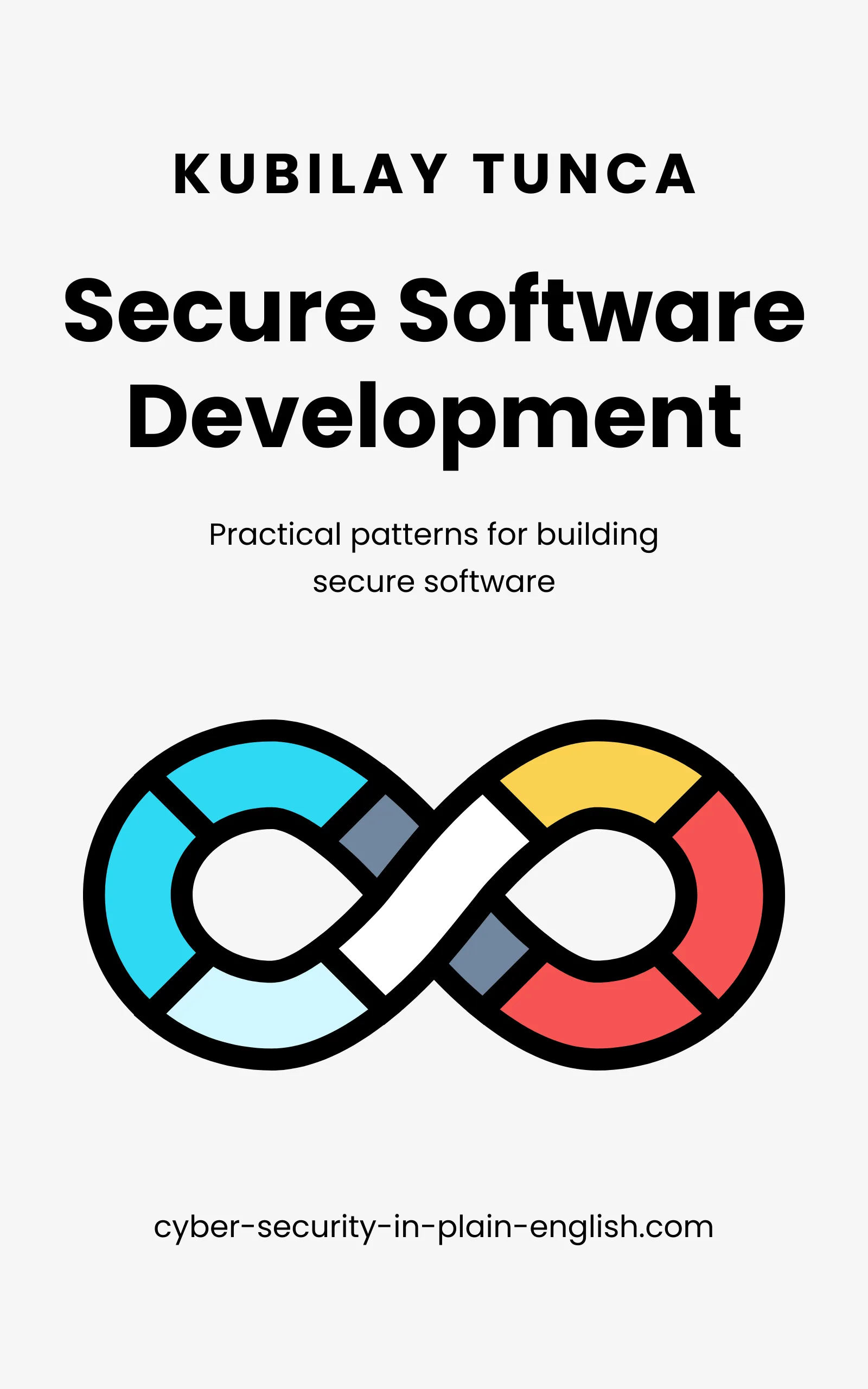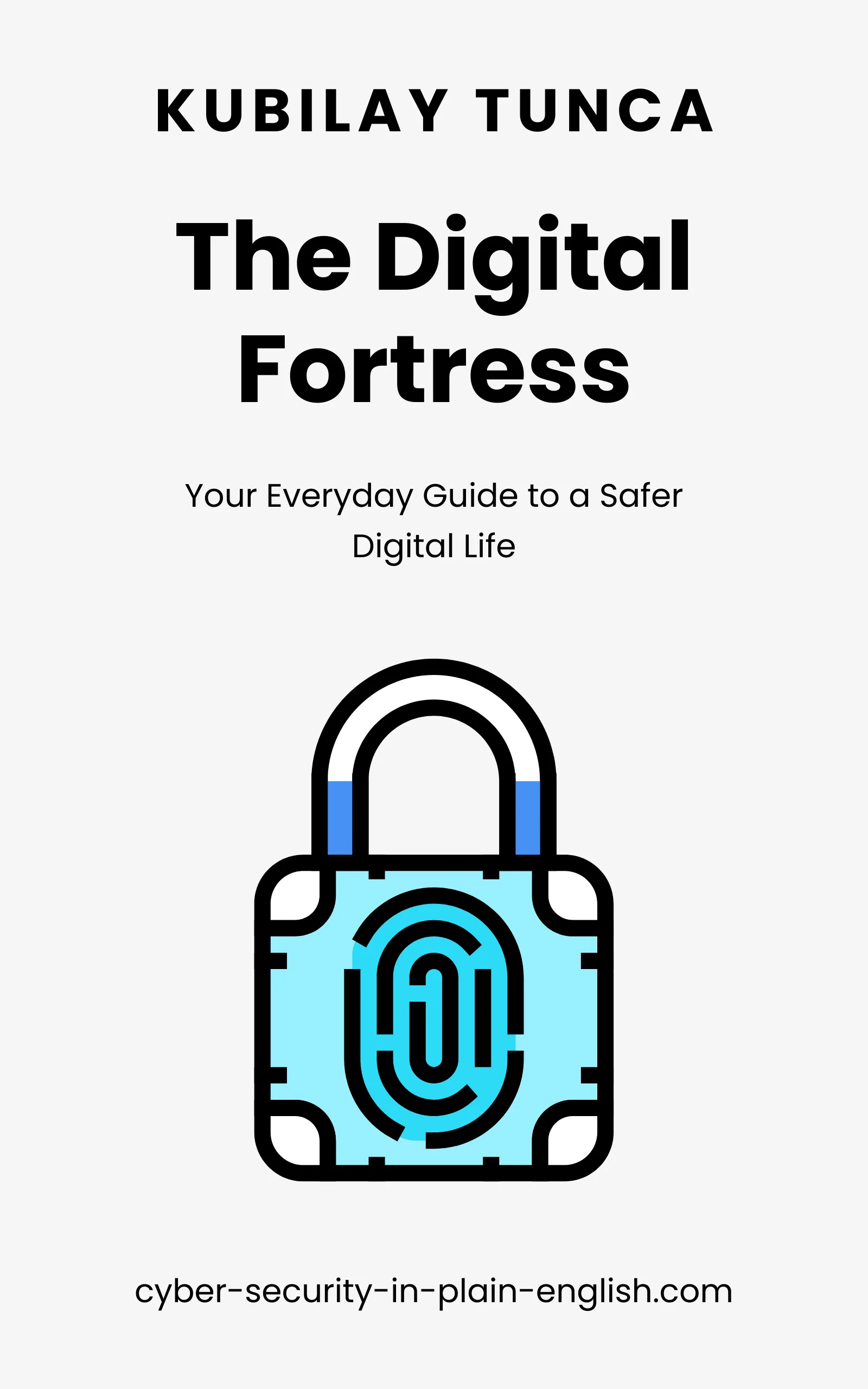Published
- 5 min read
Using Password Managers to Safeguard Your Online Accounts

How to Write, Ship, and Maintain Code Without Shipping Vulnerabilities
A hands-on security guide for developers and IT professionals who ship real software. Build, deploy, and maintain secure systems without slowing down or drowning in theory.
Buy the book now
Practical Digital Survival for Whistleblowers, Journalists, and Activists
A practical guide to digital anonymity for people who can’t afford to be identified. Designed for whistleblowers, journalists, and activists operating under real-world risk.
Buy the book now
The Digital Fortress: How to Stay Safe Online
A simple, no-jargon guide to protecting your digital life from everyday threats. Learn how to secure your accounts, devices, and privacy with practical steps anyone can follow.
Buy the book nowUsing Password Managers to Safeguard Your Online Accounts
Introduction
With so many online accounts, from banking to social media, keeping track of unique, strong passwords can be challenging. Password managers offer a solution by securely storing and generating complex passwords for each account, reducing the risk of password reuse and helping protect your data from cyber threats. This article explores how password managers work, their benefits, and how they can significantly improve your online security.
Why Password Security Matters
Passwords are the first line of defense against unauthorized access to your accounts. Unfortunately, many people still rely on simple or reused passwords across multiple sites, which can leave accounts vulnerable to hacking. When one weak password is compromised, it can open the door to other accounts, putting sensitive information at risk.
What is a Password Manager?
A password manager is a digital tool that securely stores and manages your passwords, generating unique, complex passwords for each account. It functions as an encrypted “vault” for your credentials, accessible only through a master password. Most password managers can also autofill login information, making it easier to use complex passwords without needing to remember them.
How Password Managers Work:
- Storage: All your passwords are stored in a secure, encrypted vault.
- Generation: Password managers generate random, complex passwords for each account.
- Autofill: Many password managers can autofill login information for added convenience.
- Syncing: Passwords are synced across devices, so you have access to them wherever you go.
Benefits of Using a Password Manager
1. Enhanced Security with Unique Passwords
Password managers create unique, complex passwords for each account, reducing the risk of hacking. By using a different password for each site, you limit potential damage if one account is compromised.
Why It’s Important: Unique passwords prevent a “domino effect,” where a breach on one account leads to breaches on other accounts.
2. Protection Against Phishing and Keyloggers
Password managers are useful for defending against phishing attempts, as they autofill login credentials only on the correct websites. Some even warn users if a URL doesn’t match the saved credentials, alerting you to potential phishing.
Why It’s Important: Phishing relies on tricking users into entering their credentials on fake sites. Password managers can help you avoid this by filling in details only on legitimate sites.
3. Convenient and Time-Saving
With a password manager, you don’t need to remember dozens of complex passwords. Instead, you only need to remember one master password, which unlocks your vault.
Why It’s Important: A password manager makes it easier to maintain strong, unique passwords for all accounts without struggling to remember them.
4. Encrypted Storage for Added Protection
Password managers use strong encryption to store your passwords securely. Even if someone gains access to your device, they can’t read the encrypted passwords without the master password.
Why It’s Important: Encryption ensures that your password data is protected even in the event of a security breach on your device.
Choosing the Right Password Manager
When selecting a password manager, look for these essential features:
- Strong Encryption Standards: Choose a password manager with AES-256 encryption or higher, as it’s highly secure.
- Zero-Knowledge Policy: A zero-knowledge policy means the provider can’t access your data, ensuring only you can unlock your vault.
- Cross-Platform Compatibility: Make sure the password manager works on all your devices, including mobile, desktop, and web browsers.
- Two-Factor Authentication (2FA): Added 2FA enhances the security of your master password, making it harder for unauthorized users to access your vault.
Some popular password managers that meet these criteria include LastPass, 1Password, Dashlane, and Bitwarden. Each offers secure storage, cross-device compatibility, and strong encryption.
How to Use a Password Manager Safely
While password managers offer significant security benefits, using them correctly is key to maximizing their protection:
1. Create a Strong Master Password
The master password is the only password you need to remember, so make it strong and unique. Avoid using common phrases, birthdays, or easily guessed information.
Tips for a Strong Master Password:
- Use at least 12 characters with a mix of letters, numbers, and symbols.
- Avoid using personal information that others could guess.
- Consider using a passphrase, such as a random sequence of words.
2. Enable Two-Factor Authentication (2FA)
Enabling 2FA on your password manager adds a second layer of security by requiring a verification code or app confirmation to log in.
Why It’s Important: Even if someone guesses your master password, 2FA will prevent them from accessing your vault without the second factor.
3. Regularly Update Your Passwords
Password managers make it easy to update passwords, so take advantage of this feature. Regularly update passwords for sensitive accounts, like banking or email, and ensure they’re unique.
Why It’s Important: Updating passwords adds an extra layer of security, especially if you suspect a data breach.
4. Avoid Using Password Managers on Untrusted Devices
Only log into your password manager on devices you trust. Avoid using public computers or unsecured devices, as they may have malware that can compromise your data.
Why It’s Important: Using a password manager on untrusted devices exposes you to potential data theft, especially if the device has keyloggers or malware.
Common Misconceptions About Password Managers
Here are some common myths about password managers that are worth clearing up:
- “Password Managers Are Just as Vulnerable as Browsers.” Password managers offer far stronger encryption and security than browsers, which often store passwords in plain text or minimal protection.
- “A Password Manager Will Make Me Completely Safe.” While they improve security, password managers are only one part of a robust cybersecurity strategy.
- “All Password Managers are the Same.” Different password managers have varying levels of encryption, policies, and features, so choose one that prioritizes privacy and security.
Conclusion
Password managers are essential tools for maintaining strong, unique passwords across all your online accounts, protecting against threats like phishing and brute-force attacks. By using a reputable password manager with features like encryption and two-factor authentication, you can significantly improve your online security and reduce the risk of compromised accounts.
With a secure password manager in place, you can enjoy greater peace of mind knowing your digital life is protected by unique, complex passwords for every account.